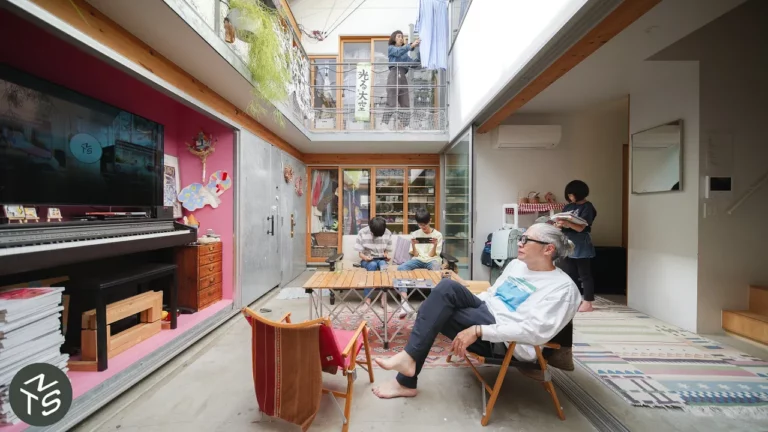Japan often captivates individuals with its rich culture, diverse landscapes, and technological advancements. However, behind the allure of this country lies a series of challenges that are seldom discussed. In a recent video, the speaker candidly addresses 12 reasons why relocating to Japan may not be as idyllic as often portrayed.
1. Accommodation Challenges: Living spaces in Japan can be small, expensive, and poorly soundproofed, leading to a lack of privacy and noise disturbances from neighbors.
2. Intense Work Culture: Japanese work environments can be demanding, with long hours, minimal vacation time taken, and a societal expectation of constant presence in the office.
3. Cultural Barriers: Expatriates may face challenges integrating into Japan due to the homogenous society, standing out as foreign individuals and potentially feeling alienated.
4. Dating Difficulties: Relationships in Japan differ from Western norms, with societal pressure to marry early and subtle differences in romantic behaviors.
5. Healthcare Concerns: Engaging with Japanese healthcare systems can be daunting, with experiences ranging from efficient to lackluster depending on the provider.
6. Limited Job Opportunities: Securing employment as a foreigner in Japan can be challenging, often confined to English teaching roles or specialized fields with Japanese fluency requirements.
7. Social Integration: Establishing genuine connections with Japanese individuals can be complex, as expats may feel like perpetual outsiders despite long-term residency.
8. Cultural Expectations: Adhering to unspoken rules and etiquettes in Japan can be stressful for foreign residents accustomed to more relaxed behavior.
While Japan offers a unique and enriching experience, acknowledging these nuanced aspects is crucial for individuals considering a relocation. By shedding light on these challenges, the speaker aims not to deter but to prepare prospective expatriates for the realities of living in Japan.
In conclusion, the discourse provides a comprehensive insight into the complexities expats might encounter in Japan, emphasizing the importance of understanding and adapting to the cultural nuances and societal expectations prevalent in the country.












